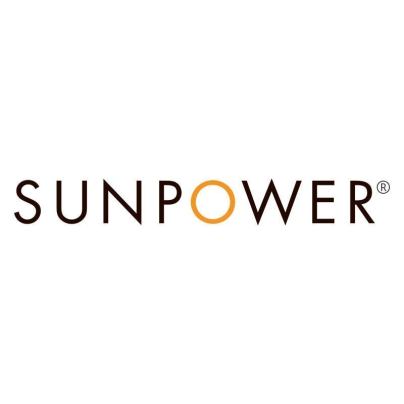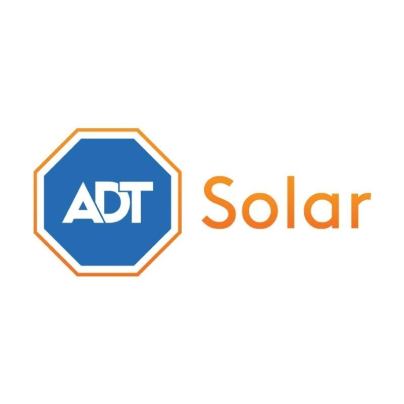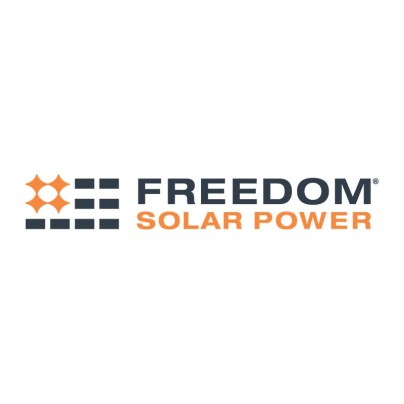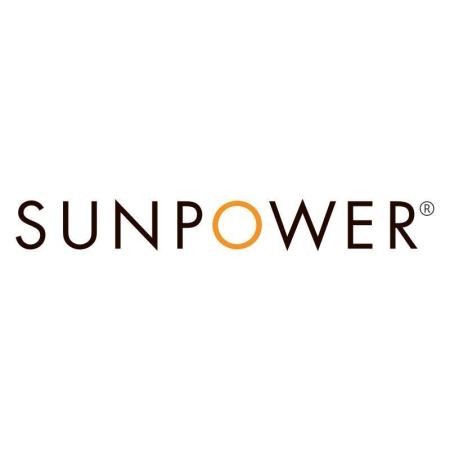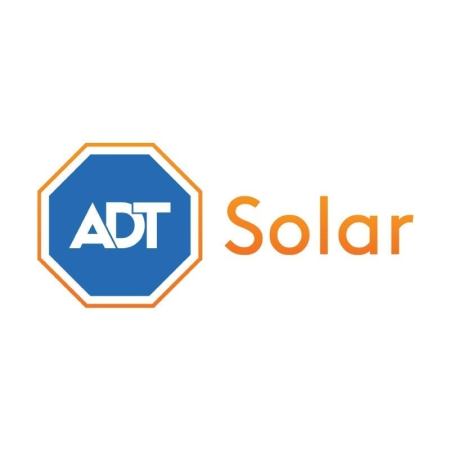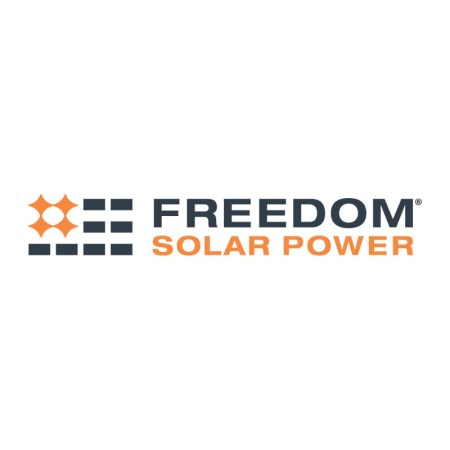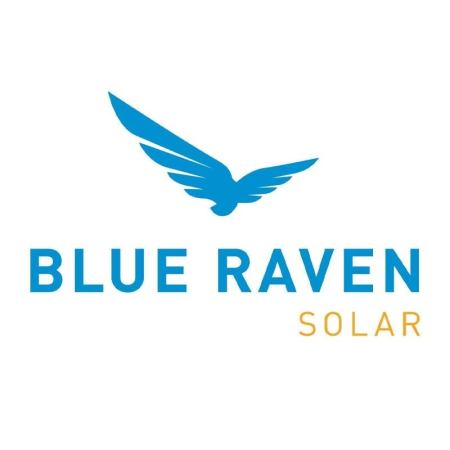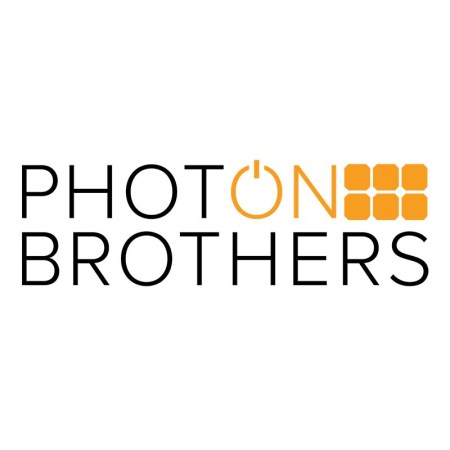We may earn revenue from the products available on this page and participate in affiliate programs. Learn More ›

Those in Colorado who want access to clean renewable energy or who want to ditch the grid altogether are in luck. Colorado is one of the greenest states, and ample year-round sun exposure makes the Centennial State one of the best places for residential solar systems. But tapping into the power of the sun requires more than the right location. To build a solar electric system that is efficient, reliable, and affordable, it pays to partner with experienced professionals.
Hiring a contractor can be complicated, and when it comes to unfamiliar technology, the process may seem daunting, especially with more than 160 licensed solar energy companies operating in Colorado. We’ve assembled this guide to help narrow the field to a short list of proven performers. Interested homeowners can read on to learn more about choosing the right local solar company for a project, and see why we consider those on our list to be the best solar companies in Colorado.
- BEST OVERALL: SunPower
- RUNNER-UP: ADT Solar
- BEST FOR REMOTE LOCATIONS: Freedom Solar Power
- BEST BANG FOR THE BUCK: Blue Raven Solar
- ALSO CONSIDER: Photon Brothers
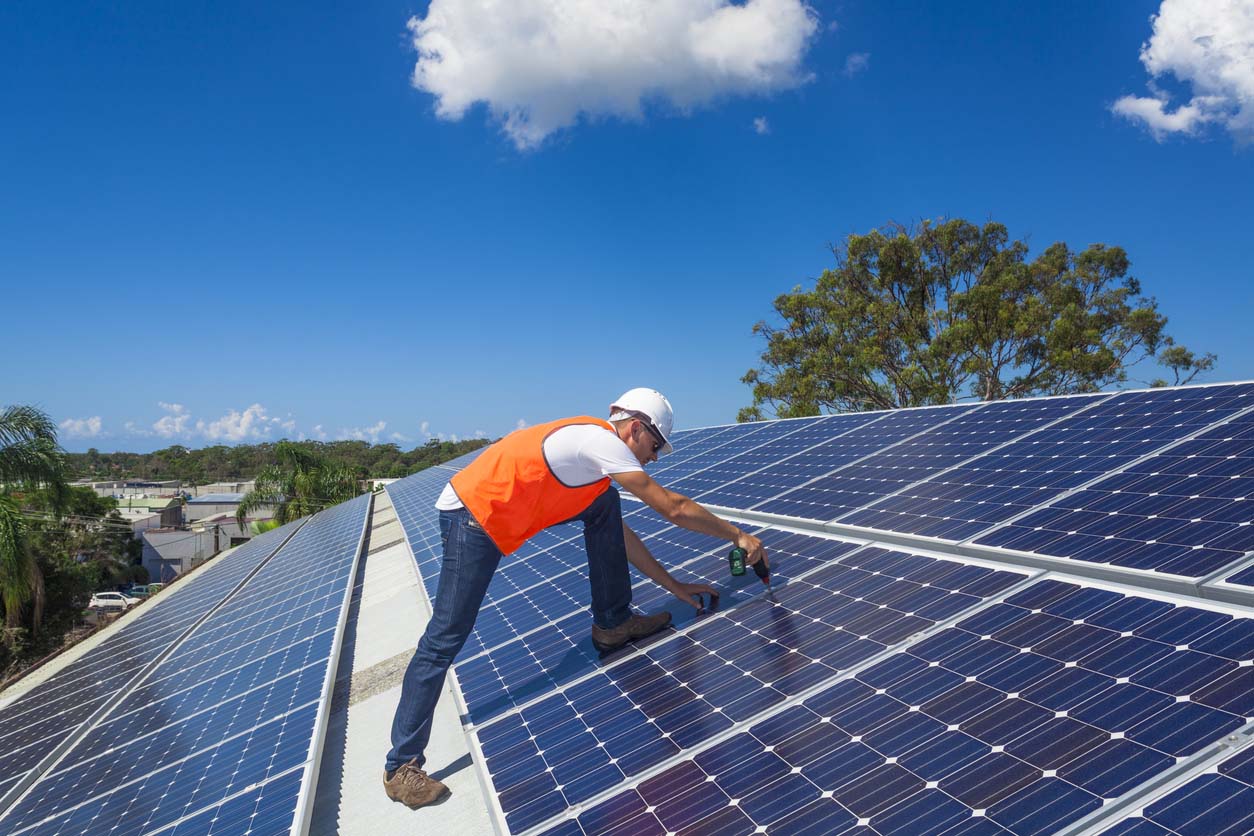
What to Consider When Choosing One of the Best Solar Companies in Colorado
Before signing up with a solar design and installation company, customers will want to do a little homework. Ahead, learn about the different ways that project type and location, financing, and the company’s service offerings should inform the decision-making process.
Home Location and Roof Type
The location of a solar panel installation is crucial, and the location of the panels is not only determined by the general area, but also by any nearby trees or buildings that may block the sun’s rays for a significant portion of the day. The type of roof a home has is also a factor to consider. A south-facing roof with a slope is the ideal location for solar panels, but some homes may not have a roof that is structurally capable of supporting a solar array. In these cases, the installer may need to modify the roof or install the panels on a freestanding ground unit rather than on the roof.
Type of Panels
Solar panels generate electricity through different methods. The two main types are photovoltaic and thermal, and each has several subcategories.
- Photovoltaic panels are the most common and use solar cells to convert sunlight into electrical power. These are typically used to power a large portion of a home’s energy needs.
- Thermal solar panels use mirrors to reflect and concentrate the sun’s rays to create electricity. These are less common and are usually used for small energy purposes such as powering a solar floodlight.
- Monocrystalline panels are made from a single silicon crystal and are long lasting and compact but also more expensive. They have efficiency ratings of 20 to 25 percent and are considered some of the best solar panels for home use.
- Polycrystalline panels are made from silicon fragments rather than a large crystal. They are less expensive but also less efficient, with efficiency ratings of 15 to 17 percent.
- PERC panels (which stands for Passivated Emitter and Rear Cell) are a newer technology that improves the efficiency of monocrystalline panels by up to 5 percent.
- Thin-film panels are less efficient than other types, with ratings of 6 to 15 percent, but they are more affordable because they do not contain expensive crystalline silicon.
On-Grid vs. Off-Grid
Homeowners have two options for solar panel systems: off-grid or on-grid (also called grid-tie). Both types offer benefits and have different considerations.
An off-grid system is ideal for those who want to be completely self-sufficient in terms of energy. It enables a homeowner to generate all of their own electricity, and if there is a power outage caused by a storm, an off-grid system will continue to function. Excess electricity is often stored in large batteries, which can be seen as a renewable energy reserve, to help provide power when it is cloudy. However, if the off-grid system is not producing electricity due to cloudy weather and the batteries are empty, there is no other source of power.
Many homeowners choose a grid-tie system because they can often sell excess energy back to the utility company (called net metering). If it is cloudy, their home can draw power from the utility. However, if there is an outage at the utility company, a grid-tie system will shut down immediately. This is a safety precaution: It is not safe for a technician to work on a fallen power line if someone’s home solar panel system is sending electricity into the line. Those with grid-tie systems can minimize outages by installing batteries to use for electricity during an outage.
Efficiency and Performance
As solar panel technology improves, panels are becoming more efficient. But how can consumers determine if one panel is better than another? It’s all about the percentage of energy conversion. Most solar panels have efficiency ratings of 15 to 20 percent. This means that when sunlight hits the panel, the panel will convert 15 to 20 percent of the sun’s energy into electricity. Some high-efficiency solar panels can reach efficiencies of up to 25 percent, but the current top efficiency is around 22.5 percent. Researchers are continually working on ways to increase solar panel efficiency, and lab tests have shown that future panels could potentially be up to 40 percent efficient.
Manufacturers vs. Installers
There are two types of solar panel installation companies: those that are certified to install one or more brands of solar panels, and those that both manufacture and install solar panels. This difference may not matter to some consumers, especially those looking for competitive prices on panel installation, but it can impact the installation company’s guarantee. Companies that both manufacture and install solar arrays are typically more likely to back their product, which can be beneficial for consumers. A company that installs panels but does not manufacture them may require the customer to contact the manufacturer directly for warranty service.
Consultation Process
Solar installers in Colorado typically offer a no-cost consultation, which includes analyzing and evaluating the home’s location and determining the amount of direct sunlight it will receive. The company may recommend a particular type of solar panel system as part of the process and should be able to provide an estimate of the potential savings on the homeowner’s current utility bill.
Pricing and Financing
On average, solar panel installation costs in Colorado range from about $14,500 to $20,000 or more, depending on the number and efficiency of the panels. Financing options may be offered by the solar company or through a private lender. It’s worth noting that a private lender may require the homeowner to take out a second mortgage on their home to secure one of the best solar panel loans. Some homeowners choose to lease solar panels as an alternative, which allows them to reduce their carbon footprint while the leasing company owns the panels. Leases can last anywhere from 5 to 25 years, but the homeowner may not experience significant savings on their utility bill depending on the lease payments.
Permits
In many cases, a permit is required by certain communities to install solar panels. The permit fee may vary, but the installer typically includes it in the installation cost and takes care of obtaining the permit. The process of acquiring a permit informs the local building authority of a homeowner’s intention to install solar panels. An inspector from the building authority may visit the site to review the panels, batteries, and wiring installation before giving the installer permission to activate the system.
Installation
The first two steps in the solar panel installation process are the initial consultation and obtaining the permit. After these are completed, the installer can order the necessary panels and equipment. The actual installation is an exciting process, during which the installer will make any necessary roof modifications to support the array. The wiring system will be installed, and the panels will be mounted and connected to the system. The final step of activating the new system may need to wait until an inspector reviews everything. The installer usually alerts the inspector in advance so there is minimal downtime between the final installation and turning on the system.
Guarantees
In the solar panel industry, a 25-year limited warranty is standard. This typically covers the repair or replacement of components that fail due to factory defects or installation errors. However, it is important to be aware that not all warranties are as comprehensive. Some only cover the cost of replacement parts, requiring the homeowner to pay for repair technician fees. Others offer guarantees on specific aspects of the system for shorter periods of time. For example, a company may provide a 25-year warranty on panel performance but only guarantee the inverter for 12.5 years.
Rebates and Tax Incentives
A tax credit allows homeowners to deduct a certain percentage of their solar panel expenses from their income tax liability. Systems installed through 2032 are eligible for a 30 percent federal tax credit. For example, if the solar panels cost $10,000 and the tax credit is 30 percent, the homeowner could reduce their income tax liability by $3,000. Individual municipalities in Colorado may offer tax credits for installing solar systems.
Customer Support
Purchasing a solar panel array is a significant investment, so it is reassuring to know that the solar company is available to promptly address any issues that may arise. Most solar companies offer a customer service number that can be called for assistance, and some even provide an emergency number for after-hours calls. Some companies also offer online consultations through chat or email, and some provide interactive troubleshooting to help the homeowner identify the problem and schedule repairs (if necessary). Companies that offer a wider range of support options tend to have higher customer satisfaction ratings in most cases.
Our Top Picks
Bearing those considerations in mind, we’ve identified some of the best solar panel companies in Colorado. Each of these businesses brings a proven record of innovation and customer satisfaction. Whether a homeowner is dreaming of an off-grid lifestyle or simply reducing their carbon footprint, one of these providers can help.
Best Overall
SunPower
See It- Type of panels: SunPower Maxeon monocrystalline
- Payment options: Buy, finance, lease
- Guarantee: 25-year complete-system warranty
- Customer support: Phone
Pros
- High 22.8 percent efficiency rate
- Cradle to Cradle–certified equipment
- Interactive online design-studio feature
- Sleek design with built-in microinverters
Cons
- Customer service only available by phone
Why It Made the Cut: SunPower has nearly 40 years of experience providing innovative solar solutions with high-quality, efficient solar equipment, making it one of the most reliable choices in the industry. Since the mid-1980s, SunPower has been helping its clients tap into the limitless power of sunshine. It offers some of the industry’s best products and services, including its proprietary Maxeon monocrystalline solar panels. Built-in microinverters integrated into the panels give Maxeon solar panels a sleek low profile that blends seamlessly with any home’s aesthetic. The panels also boast a superior 22.8 percent efficiency rating. SunPower’s design process happens virtually via an interactive online design studio. Customers will want to note that all of its equipment is certified by Cradle to Cradle, signifying that SunPower employs sustainable, circular sourcing and production to minimize its impact on the environment. Prospective and current clients may contact a support representative with a quick phone call.
Runner-Up
ADT Solar
See It- Type of panels: Q Cells, Silfab, Canadian Solar
- Payment options: Buy, finance, lease
- Guarantee: 25-year power-production guarantee
- Customer support: Phone, email
Pros
- Generous 25-year power-production guarantee
- 24/7 solar monitoring
- Additional roofing repair services available
Cons
- Warranty information on battery is not readily available on website
Why It Made the Cut: ADT Solar installs solar products made by the industry’s top manufacturers and backs its installations with one of the best warranties available—a 25-year power production guarantee. ADT Solar is one of the top solar companies in Colorado because of its quality of installations and strong customer service. Its solar designs feature some of the most efficient equipment available, and it backs its work with a comprehensive 25-year warranty. ADT Solar systems are guaranteed to produce electricity at the guaranteed level for 25 years after purchase. Another one of ADT Solar’s standout features is its 24/7 professional solar monitoring plan. This proactive service ensures that the home’s panels are running properly at all times. Also, the installation technicians are able to make any roof repairs that might be required prior to setting up solar panels on the house. This feature can streamline the project workflow and remove the client’s burden of dealing with yet another contractor.
Best For Remote Locations
Freedom Solar Power
See It- Type of panels: SunPower Maxeon monocrystalline
- Payment options: Not specified
- Guarantee: 25-year equipment warranty
- Customer support: Phone
Pros
- Whole-home generator installation available
- Full-time in-house service department
- High 22.8 percent efficiency rate
Cons
- Customer service only available by phone
- Financing information not available
Why It Made the Cut: Freedom Solar Power is a solar design and installation firm that builds complete solar panel and backup power solutions that are backed by robust 25-year product, labor, and performance warranties. Since 2007, Freedom Solar has provided complete design and installation services for Colorado’s solar market. It continues to build its brand through a strong network of referrals, as it adheres to a mission “to provide complete power solutions with quality craftsmanship, attention to detail, and excellent customer service that inspires you to recommend us to others.” All design, installation, maintenance, and repairs are conducted in-house, so customers can trust that Freedom Solar Power stands by its work. Freedom Solar installs industry-leading hardware, such as SunPower solar panels (with a standout 22.8-percent efficiency rate), Tesla battery backups, and Kohler generators. It provides lifetime service and monitoring for every residential system it installs. All of its projects are backed by 25-year warranties on the products, labor, and power production. Inquiries and customer service solutions are available online or via a phone call.
Best Bang for the Buck
Blue Raven Solar
See It- Type of panels: Monocrystalline (various manufacturers)
- Payment options: Buy, finance
- Guarantee: 25-year manufacturer warranty, 10-year labor warranty
- Customer support: Phone, email
Pros
- Flexible and relatively affordable BluePower Plus+ financing option
- Money-saving Smart Start program available
- Complimentary energy-saving kit
Cons
- No solar lease option
- No solar batteries available
Why It Made the Cut: Blue Raven Solar offers a streamlined start-up process and allows homeowners to reap solar savings for 18 months before making the first payment, making solar a more accessible option for all. Since 2014, Blue Raven Solar has expanded to 17 states, including the Colorado Springs, Denver, and Fort Collins areas. It increases homeowner access to budget-friendly renewable energy by eliminating the up-front costs. Blue Raven Solar does not offer solar lease options, but through its BluePower Plus+ financing program, buyers get 18 months of interest-free financing. The Blue Raven Smart Start program also lets customers pay a lower monthly price. Blue Raven Solar has built its reputation by installing efficient, affordable solar panels and inverters. It uses only high-efficiency monocrystalline panels from trusted brands like Canadian Solar and Trina. While it does not install battery backups at this time, they may be available in the near future. New customers also receive a free energy-saving kit including a smart thermostat and LED lighting package to boost home efficiency and save even more money.
Also Consider
Photon Brothers
See It- Type of panels: REC panels
- Payment options: Buy, finance
- Guarantee: 25-year equipment and power-production warranty
- Customer support: Phone
Pros
- Generous 25-year power-production guarantee
- Critter-guard installation with every solar system
Cons
- Customer service only available by phone
- No solar lease option
Why It Made the Cut: Photon Brothers is a local Colorado-based company known for its quality custom solar installations, both grid-tied and off-grid. Those looking for a Pueblo or Denver solar company can turn to Photon Brothers. The company designs and installs residential and commercial solar systems, and it has gained an excellent reputation for craftsman-quality custom installations thanks to the highly trained technicians that install every project. Clients appreciate having NABCEP-certified (North American Board of Certified Energy Practitioners) installers on the roof and master electricians on the electrical. Photon Brothers installs high-quality REC solar panels and Tesla Powerwall battery storage systems. It offers flexible financing options and covers all of its installations with a 25-year combined power and product warranty. While the company doesn’t offer a solar lease program, customers can still buy or finance their solar projects. Customer service is available over the phone.
Our Verdict
Installing a solar energy system is one of the more complicated and costly home upgrades most homeowners will take on. It’s smart to partner with qualified experts that are known for excellent customer service and install high-quality equipment. With four decades of experience and thousands of satisfied customers, SunPower earns our respect and our nod for the top solar company in Colorado.
When it comes to a company standing behind its work, customers will appreciate ADT Solar. Not only does it offer top equipment options for maximum efficiency, but it also covers its installations with an impressively inclusive warranty.
How We Chose the Best Solar Companies in Colorado
Ditching grid power and changing to clean renewable electricity requires a major commitment on the homeowner’s part. Hundreds of solar electricity installers operate in Colorado, along with a crowded field of sales and marketing companies that rely on subcontractors to provide installation services. Coming up with a short list of solar companies in Colorado best options was no small task.
Our team researched the highest-rated businesses to identify the best solar companies in Colorado. Because each customer and installation is unique, we favored companies that prioritize operational flexibility and transparency. We searched client reviews, Better Business Bureau ratings, and industry awards to find out which companies had the best track record for customer service. Then we confirmed that business processes were in place to support those high ratings into the future.
Home solar equipment and installation are expensive but will ultimately pay off through reduced utility bills. With this financial burden in mind, our team ensured that the companies we recommend offer customer assistance for access to applicable incentive programs.
Before You Work With One of the Best Solar Companies in Colorado
Before investing in a solar upgrade, it’s a good idea for homeowners to take a few steps to protect themselves. Homeowners will want to find out if a prospective solar company can live up to the project requirements. Customers will also want to know the location of the company’s home base. If the shop and its suppliers are not within a reasonable distance from the installation site, how will warranty, service, and maintenance issues be addressed?
Homeowners will want to review a detailed plan before signing a contract or paying a deposit. After they look over the itemized equipment to be installed, a schematic of the installation, and a work timeline, they’ll want to make sure any needed changes are made prior to formalizing an agreement.
It’s important to understand that some of the best solar companies are sales and marketing enterprises that outsource installation work to subcontractors. The safest bet is to work with a company that installs the projects it sells. However, if a customer opts to work with a company that uses subcontractors, it’s wise to ask about the company’s system for vetting. Has the contracted company worked with this particular subcontractor in the past? Is the subcontractor licensed, insured, and trained to install the equipment in the contract? Who from the contracted company oversees the subcontractors? Will that person be on-site during installation? All of these questions should be answered prior to a homeowner signing the contract.
Cost of Working With One of the Best Solar Companies in Colorado
The cost of solar installation in Colorado averages $3.43 per watt, or between $14,500 and $20,000 for a whole-house system. Several variables beyond the price of equipment and installation influence actual costs and savings.
Those who buy solar systems outright take on a higher up-front cost and all maintenance responsibilities, including hiring one of the best solar panel cleaning services to keep panels running efficiently. But paying for the system in full upon installation typically leads to the lowest cost and highest potential savings. Financing the system extends the payment period and may add interest or other fees. However, it affords the benefits of tax incentives and a low monthly payment with significant operational savings thanks to the ability to sell excess electricity to the power company.
Those who lease end up paying the most for solar in the long run. Customers who lease solar systems may benefit from a reduced power bill, and they contribute to a cleaner power grid. However, they do not qualify for tax benefits of ownership, and they cannot sell excess power back to the utility.
The Advantages of Working With One of the Best Solar Companies in Colorado
With dozens of solar companies to choose from in Colorado, finding the right one takes a little time. The best Colorado solar installers have been in business long enough to develop a track record for quality work and customer satisfaction. Not only that, but they bring other benefits to the table as well.
- Expert design and installation ensure a seamless transition to clean energy.
- Proactive customer service minimizes confusion and start-up problems and maximizes access to clean-energy incentive programs.
- Top companies offer quality equipment at fair prices for a balance of durability, efficiency, and budget-friendliness.
FAQs
Those who are ready to invest in a new solar panel system may have lingering questions. Read on to find out more about getting started.
Q. Does Colorado offer a solar tax rebate?
Many Colorado utilities and organizations offer solar rebate programs in Colorado. While tax incentives do exist, a state rebate program is not one of them.
Q. Is Colorado good for solar installations?
Colorado ranks 13th in the United States for solar installations because of its favorable sun exposure and solar-friendly economic climate, and its capital, Denver, is one of the greenest cities in the country. Thanks to help from the state’s Solar Renewable Energy Credit and the federal solar investment tax credit, homeowners in Colorado can expect a new solar system to pay itself off in about 13 years. The average Colorado homeowner saves $14,479 over the lifetime of their solar system.
Q. Does Colorado require a special permit for solar installation?
Solar installations in Colorado are subject to applicable building and land use policies, which vary from county to county and within different municipalities. Homeowners will want to consult their local building authorities for permitting requirements.
Q. What is the average cost of a solar panel system in Colorado?
The out-of-pocket cost for a solar panel system in Colorado ranges from about $14,500 to $20,000. This is the gross cost before accounting for any utility rebates or tax incentives.
Q. How long does it take to install solar panels in Colorado?
From initial inquiry to project completion, installing solar panels in Colorado takes 2 to 6 months on average. Homeowners can expect the actual installation, with technicians physically on site working, to take between 6 hours and 2 days to complete. The longest part of the project will be permit approval, which may take 2 months. After construction is complete, it may take up to 6 weeks for the final inspection and approval.
Q. Will solar panels void my roof warranty?
In most cases, installing solar panels will not void the roof warranty. The best course of action is to have the solar contractor coordinate their activities with the roofing contractor to ensure best practices on both sides.
Sources: EnergySage, SolarReviews, EcoWatch
